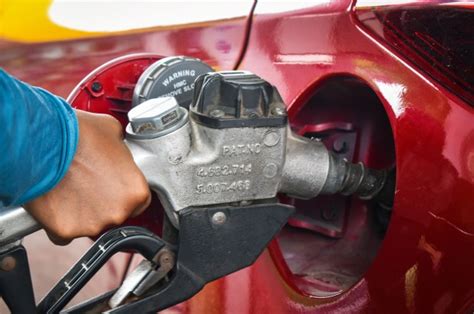For men navigating the relentless pace of demanding careers and active lifestyles, the traditional three-square-meals-a-day approach often falls short, leading to dreaded energy crashes, reduced focus, and diminished performance. Maintaining peak physical and mental output requires a more sophisticated and strategic ‘fueling’ plan that ensures a continuous supply of vital nutrients.
The Inadequacy of Traditional Eating Patterns
Our bodies are complex machines, and for men with high metabolic demands, long hours, and significant stress, relying on just three large meals can create significant energy valleys. Large gaps between meals can cause blood sugar levels to plummet, triggering fatigue, irritability, and a craving for quick fixes (often sugary, unhealthy options). This isn’t just about hunger; it’s about optimizing physiological function to sustain high performance.

Core Principles of Strategic Fueling
Moving beyond the ‘three meals’ paradigm means embracing a philosophy of consistent, nutrient-dense intake. The goal is to keep blood sugar stable, provide a steady stream of energy, and support muscle maintenance and recovery. This approach emphasizes:
- Frequency: Smaller, more frequent meals and snacks (every 3-4 hours).
- Quality: Prioritizing whole, unprocessed foods over refined options.
- Balance: Ensuring a proper mix of macronutrients (carbohydrates, proteins, fats) at each eating occasion.
Mastering Macronutrients for Sustained Energy
Each macronutrient plays a crucial role in preventing energy crashes:
Complex Carbohydrates: The Steady Burn
Unlike simple sugars that cause rapid spikes and crashes, complex carbohydrates (found in whole grains, vegetables, and legumes) release glucose slowly into the bloodstream. This provides a sustained energy supply essential for cognitive function and physical endurance.
Lean Proteins: Satiety and Stability
Protein is vital for muscle repair, hormone production, and, crucially, for satiety. Consuming protein with carbohydrates slows down glucose absorption, helping to stabilize blood sugar levels and prevent those post-meal energy dips. Think chicken, fish, eggs, Greek yogurt, or plant-based proteins.
Healthy Fats: Long-Lasting Fuel
Healthy fats (from avocados, nuts, seeds, olive oil) are energy-dense and contribute to feelings of fullness. They also support hormone production and nutrient absorption, offering a steady, long-burning fuel source.

Practical Tactics for On-the-Go Fueling
Implementing a strategic fueling plan requires foresight and preparation:
- Smart Snacking: Keep healthy, non-perishable snacks readily available. Examples include a handful of almonds or walnuts, a piece of fruit with nut butter, hard-boiled eggs, Greek yogurt, or a high-quality protein bar. These are perfect for bridging the gap between main meals.
- Pre-Prepared Mini-Meals: Dedicate time to meal prepping. Small containers of grilled chicken and veggies, quinoa salads, or lentil soup can be easily portioned and consumed during busy windows.
- Hydration as a Priority: Dehydration is a common, often overlooked, cause of fatigue. Sip water consistently throughout the day, not just when thirsty. Consider adding a squeeze of lemon or electrolytes for an extra boost.
- Fueling Before & After Activity: If your schedule includes workouts, plan your intake to support performance and recovery. A small carb and protein snack before, and a more substantial protein-rich meal after, can make a significant difference.

Timing is Everything: Listen to Your Body
While general guidelines are helpful, truly strategic fueling involves understanding your own body’s unique signals. Pay attention to when you feel energy dips and hunger pangs. Are they predictable? Use this information to proactively schedule your fueling moments.
Don’t wait until you’re ravenous or completely drained. Think of it as topping up your internal battery before it hits critical levels. This might mean a small protein shake mid-morning, a handful of nuts mid-afternoon, or a piece of fruit before a long meeting.

Beyond the Plate: The Lifestyle Connection
Even the best fueling strategy can be undermined by other lifestyle factors. Adequate sleep, stress management, and regular physical activity all profoundly impact energy levels and nutrient utilization. Consider your fueling strategy as one crucial component of a holistic approach to sustained vitality.

Conclusion: Powering Through Your Demanding Day
For men with demanding schedules, moving beyond three traditional meals to a more strategic, frequent, and nutrient-dense fueling approach is not just a dietary choice; it’s a performance imperative. By proactively supplying your body with consistent, high-quality fuel, you can eliminate energy crashes, enhance focus, improve mood, and ultimately achieve more throughout your relentless day. Take control of your energy, and you take control of your performance.




